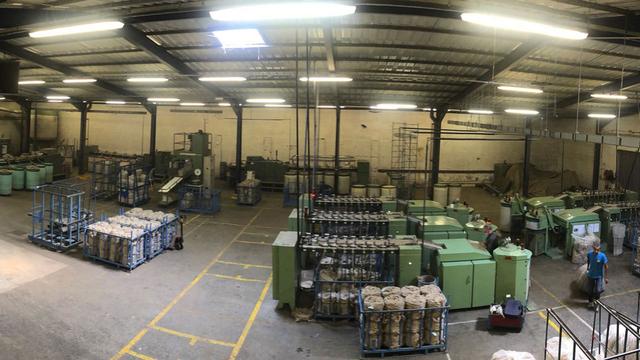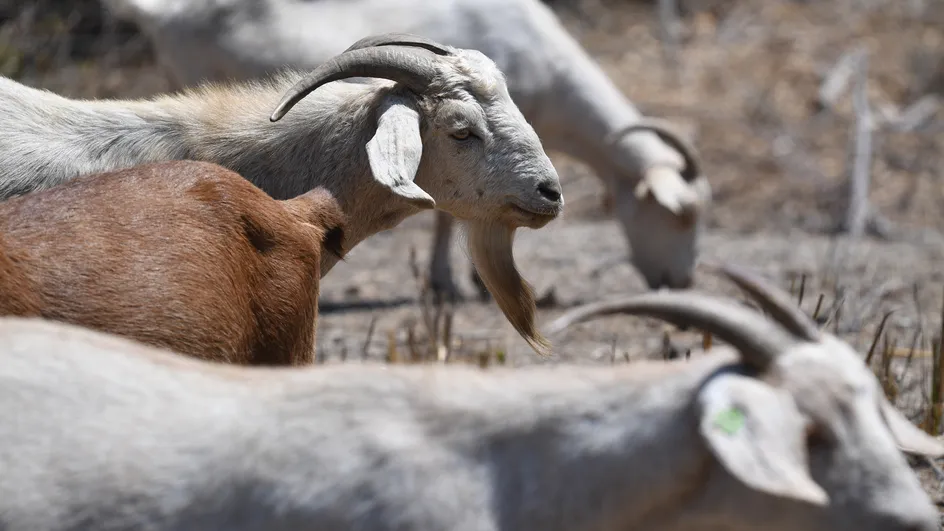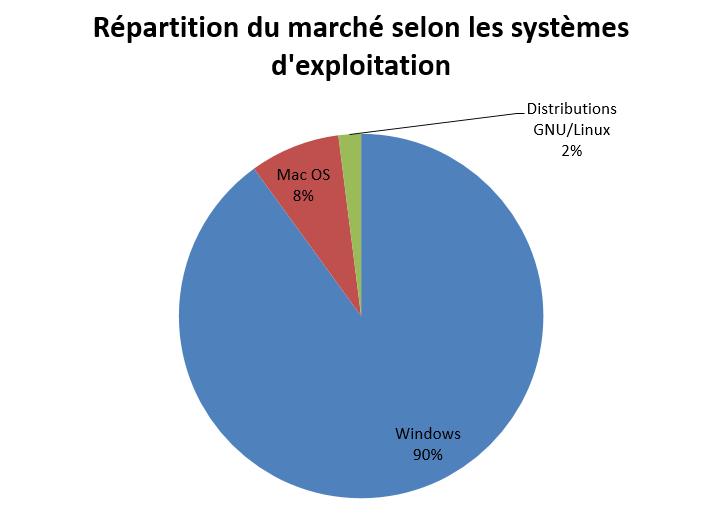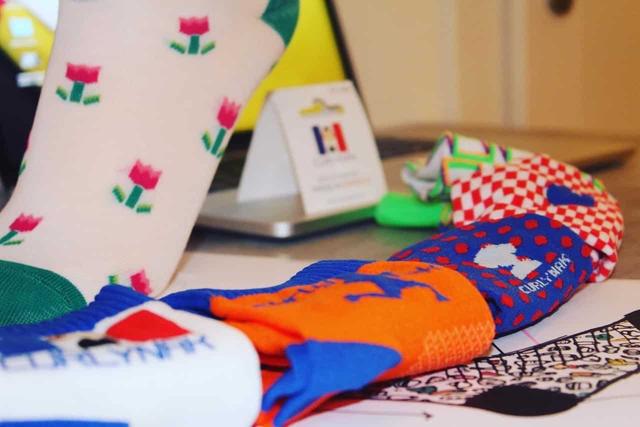The northern textile industry believes in a revival of "made in France"
We are still far from a renaissance of the textile industry in the North, but this sector, which has been in decline for decades, is wriggling again. The Roubaix association Fashion Green Hub, which has been prototyping mini-series and capsule collections since 2015 with brands and designers, has just announced the creation of a first workshop in Roubaix by the end of the year. The project is supported by two northern distributors, Blancheporte and ID Group (Okaïdi, Obaïbi and Oxybul brands), and two manufacturers, Tissage de Charlieu (Loire-et-Cher) and Lemahieu hosiery. Objective: to produce on demand in a short circuit throughout France.
Eric Mézin, General Delegate of the Union of Textile Industries (UITH) of the North confirms this trend towards made in France. “There are no quantitative macroeconomic data yet, but we are seeing projects multiply with the creation of jobs as a result”, thanks to the recovery plan, he explains. With 14,000 jobs in 400 companies, the second textile region of France after Auvergne-Rhône-Alpes, will however never find the 200,000 employees that the sector totaled in the Nord and Pas-de-Calais, but it is a start. .
French sheep
Thus the Dumortier peignages in Tourcoing have just launched a 3.6 million euro investment program to reassemble a flax tow preparation workshop (600 tonnes per year ). It could eventually be combined with a second dedicated to wool, as part of Tricolor, a national project which aims to increase the rate of transformation of French sheep's wool from 4 to 20%, of which 15,000 tonnes are produced in France.
The company will thus be able to supply the future factory of Safilin, a flax producer, located in Sailly-sur-la-Lys, near Armentières. After relocating to Poland in 1995, the company relocated a spinning mill in Béthune, following the request of its customers "wishing to have a French yarn". It is investing five million euros there with 50 positions at stake by 2024. “We will work for Safilin, but there are two other flax spinning creation projects in France: in Alsace and in Normandy, for 2022 These are small capacities, but it shows real signs of interest, ”underlines Cédric Auplat, director of Peignages Dumortier.
Signs of reindustrialization

Another sign of reindustrialisation, Dickson Constant (a subsidiary of the American group Glen Raven), specializing in outdoor textiles, is investing fifty million euros in Hordain near Valenciennes. This new production site, in addition to that of Wasquehal near Lille, saturated with its 370 employees, started its activity last June, with 34 employees. They will be 60 by the end of October and 150 by the end of 2022.
Let's also mention the future jeans factory of six textile brands in the Mulliez galaxy in Neuville-en-Ferrain, north of Lille, which should start up at the end of the year. “Some have played the killjoy recalling that the fabric of these jeans would not be made in France, but imported… but it's a start. Fabric made in France will be the next step,” hopes Olivier Ducatillon, at UITH and head of linen weaving Lemaître-Demeester, which he took over in 2008. He is sure of it: “There is a real comeback made in France, a real consumer movement. He sees it in his own business with thirty to forty new client inquiries.
La Redoute, which is one of them, is multiplying the capsule collections made in France. Nearly 70% of AMPM sofas are made in France. Just like Auchan, which has its shopping bags made by Les Tissages de Charlieu, sells socks made in France and will test a mini collection of sweaters made by the Jean Ruiz factory in Roanne (La Manufacture De Layette group) in September. Auchan, however, is waiting to see if the customer is there because this can quadruple the price (average selling price: 10 to 15 euros).
Read also:
Lin: Safilin reindustrializes in its historic region
Relocation: the Mulliez galaxy will open a jeans factory in Lille
Others are betting on this, such as L'Ascenseur, a specialist in work uniforms (Protecthomes group) located in Merville. The SME makes part of its collections there and the rest in Tunisia. But it is aiming to relocate to France by 2025. "One hundred pants made in France generate five tonnes of CO2, compared to 25 tonnes in Tunisia and 36 tonnes in China", emphasizes Pascal Lairy, the leader. He hopes that his customers will be able to convince the end consumer that manufacturing in France consumes five to seven times less carbon. “It's a bet on market awareness,” he adds.
Couturiers
Another relocating company, Lener Cordier, in Hazebrouck, one of the last French coat-making companies, tested a capsule collection for men 100% made in France last November, which worked well and therefore repeats with some female models in pre-order. The SME has invested 600,000 euros in equipment and recruited six new seamstresses over the past year. Because the difficulty of all these SMEs is to manage to recruit. Most have often created their own training school, pending the first promotion of the Epic (School of industrial production of sewing and clothing) which opens in September in Roubaix. The industry is slowly recovering.
Some observers point out the limits of these initiatives. Thus for Bertrand Avio, boss of the family textile company Avio, located near Cambrai, “there are so many labels that the term made in France does not always mean much”. Between Guaranteed French Origin, Made in France, Made in France, Produced in France, France Terre Textile that certain regions have declined by adding their name, it is true that the consumer gets a little lost. "We need a single label that is a real benchmark," adds this textile manufacturer. In clothing in any case “it is the making that confers the origin”, recalls Eric Mézin of the UITH Nord.







